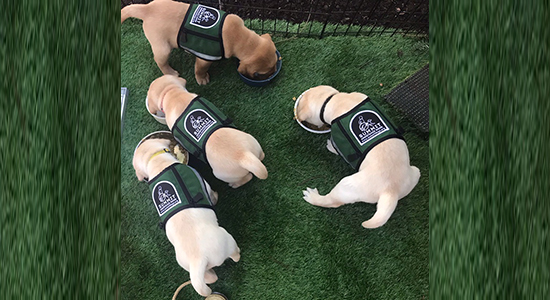||| FROM CENTER FOR WHALE RESEARCH |||
The Southern Resident killer whales are well known for their complex societies, with whales living in family units referred to as matrilines, which are part of larger units referred to as pods.
A new study from the Center for Whale Research (CWR) and the University of Exeter, Age and sex influence social interactions, but not associations, within a killer whale pod, reveals new aspects of this unique social structure.
Using drone video footage collected as part of the Center for Whale Research-University of Exeter Aerial Observation Study, CWR’s Dr. Michael Weiss led a team of researchers from the United Kingdom, Italy, and the USA exploring the social lives of orcas. The study, published in the journal Proceedings of the Royal Society B, is entitled: Age and sex influence social interactions, but not associations, within a killer whale pod. The research team included the University of York, University of Washington, and the Institute of Biophysics; the Natural Environment Research Council (NERC) provided partial funding for the study.
The new research was built on more than four decades of Southern Resident orca data collected by the Center for Whale Research. Results from the new study are based on 651 minutes of drone video filmed over ten days. The use of drones was conducted under research permits issued by the US National Marine Fisheries Service. The drone pilots are licensed under the US Federal Aviation Administration.
Drone footage of Southern Resident orcas socializing.
The researchers measured the rate at which individual whales interacted socially with each other by surfacing together or physically touching one another. By quantifying these patterns, they were able to show that within groups of associating whales, individuals had strong social preferences for particular individuals (“friendships”). Even more interesting, these preferences didn’t just reflect maternal kinship, the primary driver of killer whale social structure. The whales preferred to interact with whales of the same sex and similar age, sometimes with whales outside their family unit.
In addition, it was the younger whales and females that tended to be the most socially active and central. This matches patterns found in other social mammals, including humans, suggesting fascinating parallels between evolutionarily distant species. The findings also showed that orcas become less socially connected as they get older.
“Until now, research on killer whale social networks has relied on seeing the whales when they surface and recording which whales are together,” said CWR’s Dr. Michael Weiss, lead author of the study. “Looking down into the water from a drone allowed us to see details such as contact between individual whales.”
“Our findings show that even within the resident killer whales’ tight-knit groups, they prefer to interact with specific individuals,” continued Dr. Weiss. “It’s like when your mom takes you to a party as a kid: you didn’t choose the party, but you can still choose who to hang out with once you’re there.”
“We were amazed to see how much contact there is between whales—how tactile they are. By adding drones to our toolkit, we have been able to dive into the social lives of these animals as never before,” said CWR’s Dr. Darren Croft.
“In many species, including humans, physical contact tends to be a soothing, stress-relieving activity that reinforces social connection,” added Dr. Croft. “We also examined occasions when whales surfaced together—as acting in unison is a sign of social ties in many species. We found fascinating parallels between the behavior of whales and other mammals, and we are excited about the next stages of this research.”
“I must admit that some days when finished work, I’ve pulled up the video of the whales and just watch for fun,” said Dr. Weiss, smiling.
**If you are reading theOrcasonian for free, thank your fellow islanders. If you would like to support theOrcasonian CLICK HERE to set your modestly-priced, voluntary subscription. Otherwise, no worries; we’re happy to share with you.**










